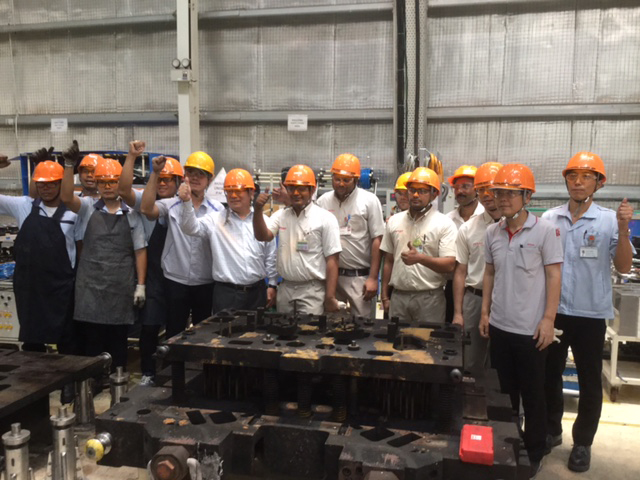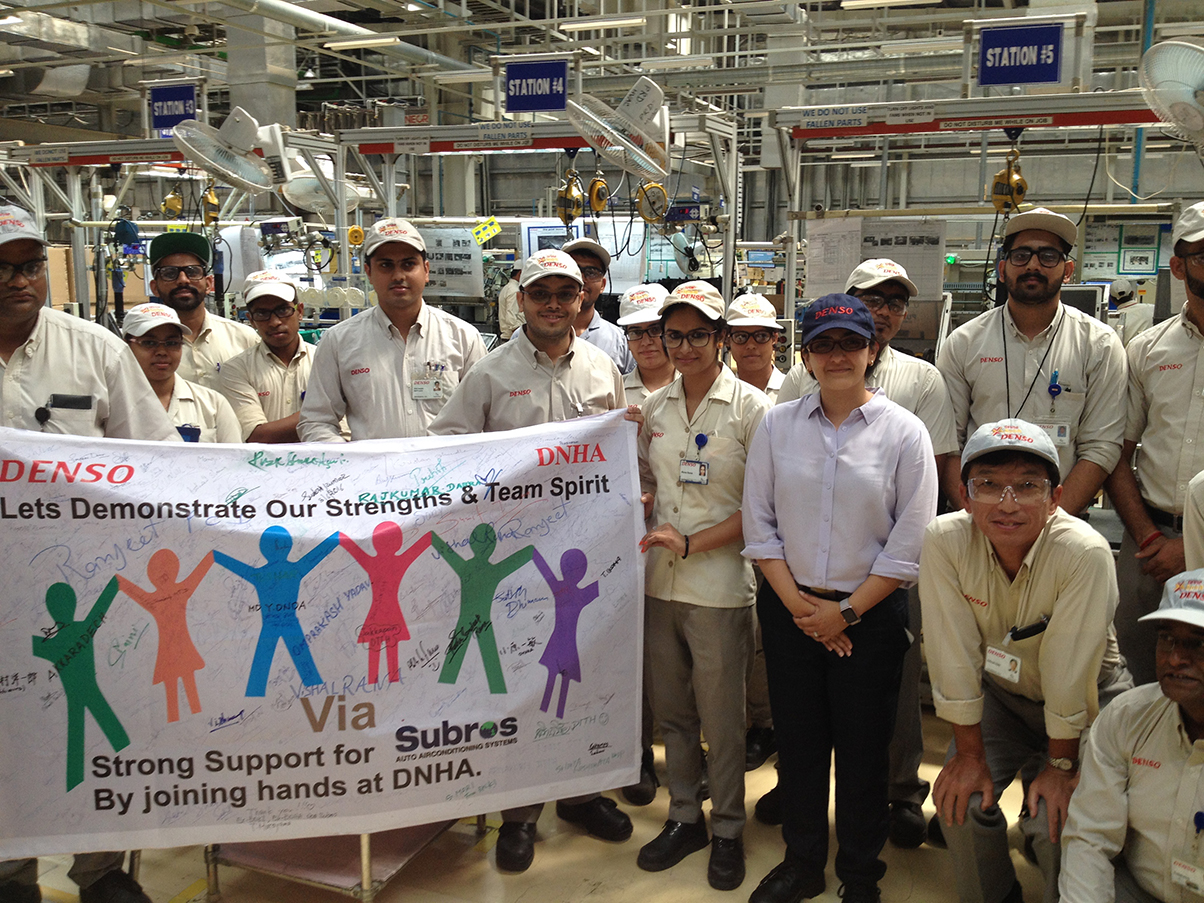3. Steering the Management Regionally
[3] India Business Revival & Business Restructuring in 2015
Changes in Business Environment
In 2012, the Indian automotive market faced a significant downturn due to various factors such as the European Union crisis, currency depreciation, high inflation, and local issues like the Maruti labor dispute, leading to a slowdown in demand. In response to this challenging environment, DENSO initiated a comprehensive Revival Plan from 2012 to 2015 with the primary objective of returning to profitability.
A key strategy deployed by DENSO was the enhancement of production infrastructure. This included the transfer of ASMO business from DNIN to DNHA, aiming to increase operational efficiency. Additionally, DNHA underwent reorganization, emerging as the No.1 Factory, with a focus on complex product business centered in Plant 2, Jhajjar.
Further reinforcing its position in the market, DENSO entered into a strategic joint venture with Pricol to establish DENSO Pricol for Meter Clusters in 2013. This partnership was later solidified through the merger of DPIN in 2016, strengthening DENSO’s foothold in the meter cluster segment.
The restructuring efforts extended to DNIN, which was delisted in 2013 to enable more flexible operations. Subsequently, in 2014, another investing company withdrew its stake, paving the way for DNIN’s privatization in 2015, enhancing operational autonomy and agility.
To optimize productivity, DENSO outsourced Engine Control Module (ECM) production to SUBROS in 2015, streamlining operations and cost-effectiveness. This strategic move contributed significantly to DENSO achieving profitability for the first time in four years, marking a milestone in the Revival Plan’s execution.
Simultaneously, the Indian government initiated substantial changes in automotive policies in 2015, emphasizing the enhancement of regulations to global standards, particularly concerning emission norms. This presented a significant opportunity for DENSO to support its customers in achieving regulatory compliance promptly through its calibration activities, further solidifying its position as a trusted partner in the industry.


The year 2015 witnessed a remarkable turnaround for DENSO, characterized by business revival and strategic restructuring efforts. Through proactive measures and strategic partnerships, DENSO navigated through challenges, emerging stronger and more resilient, positioning itself for sustained growth and success in the dynamic Indian automotive market.